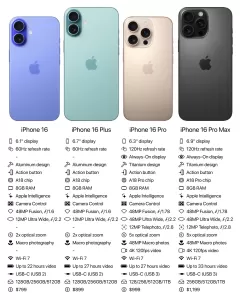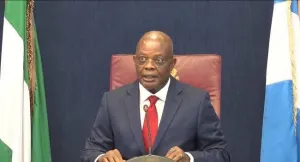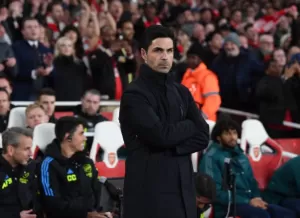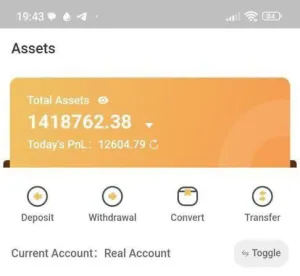4 Reasons Why Supreme Court rejects Elon Musk’s efforts to get rid of his ‘Twitter sitter
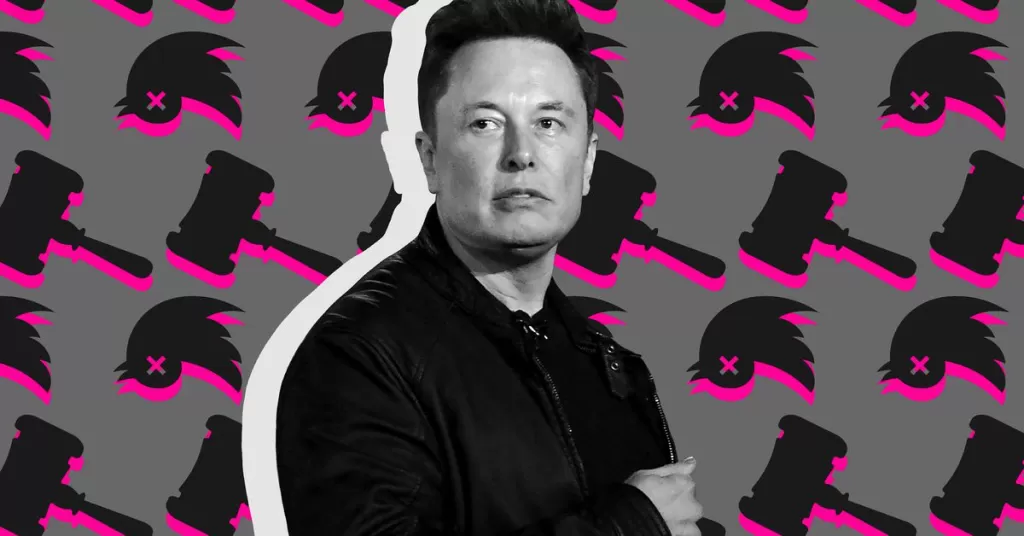
Elon Musk’s legal journey to challenge a consent decree he signed in 2018 has come to a conclusion with the Supreme Court’s decision not to hear his appeal. The consent decree was a settlement with the Securities and Exchange Commission (SEC) following Musk’s infamous 2018 tweet claiming he had secured funding to take Tesla private at $420 per share. This tweet led to significant swings in Tesla’s stock price, prompting the SEC to take legal action against Musk for misleading investors.
As part of the settlement, Musk agreed to pay a fine and to have a company lawyer pre-approve his social media posts about Tesla. This condition became colloquially known as the “Twitter sitter” provision. Over the years, Musk has expressed dissatisfaction with the agreement, arguing that it infringes on his free speech rights.
Despite Musk’s efforts to challenge the consent decree, both a district court and an appeals court sided with the SEC, leading to the Supreme Court’s refusal to intervene. The Supreme Court’s decision, issued without comment, leaves the 2018 settlement intact.
Musk’s legal battle has been closely watched by the public and the business community, as it touches on the balance between corporate governance, free speech, and the power of regulatory agencies. The outcome of this case could have implications for how public companies and their executives communicate with the public, especially through social media platforms.
Elon Musk, known for his bold and sometimes controversial statements on social media, now faces the continued requirement to have a “Twitter sitter” for his posts about Tesla. This legal saga serves as a reminder of the lasting impact that social media can have on corporate communications and the regulatory environment.
